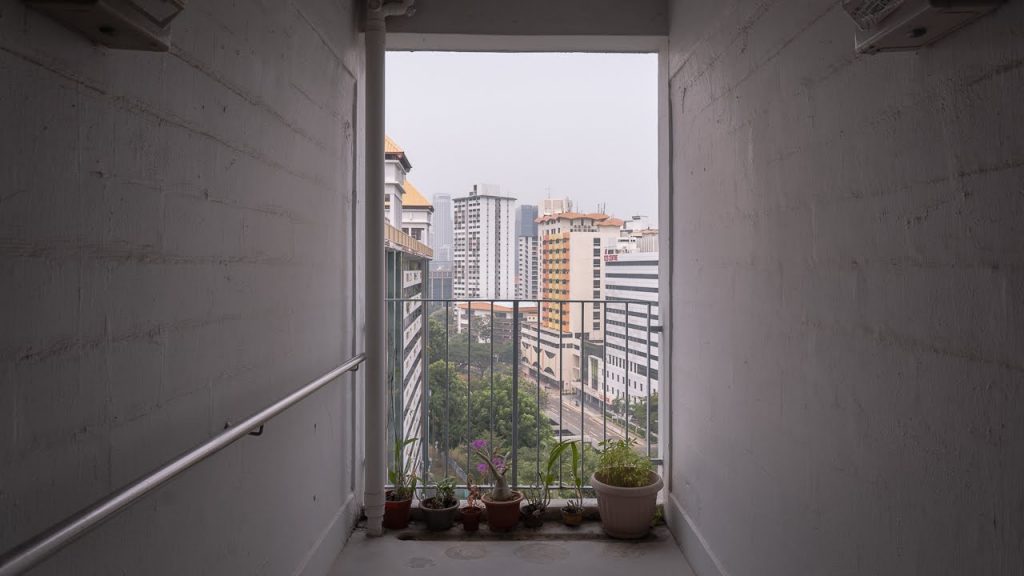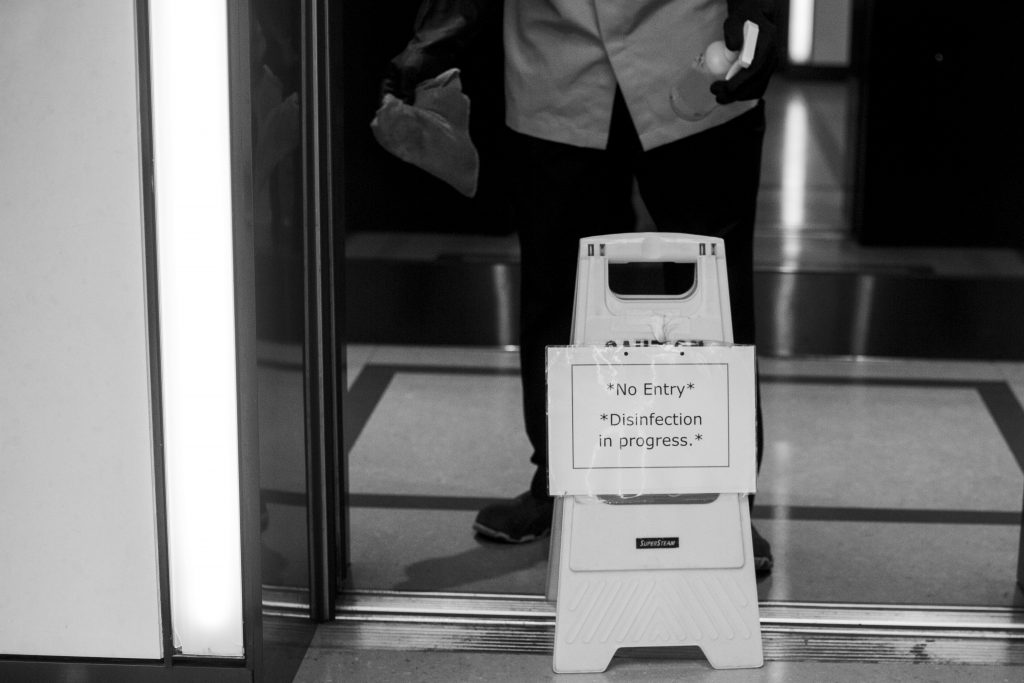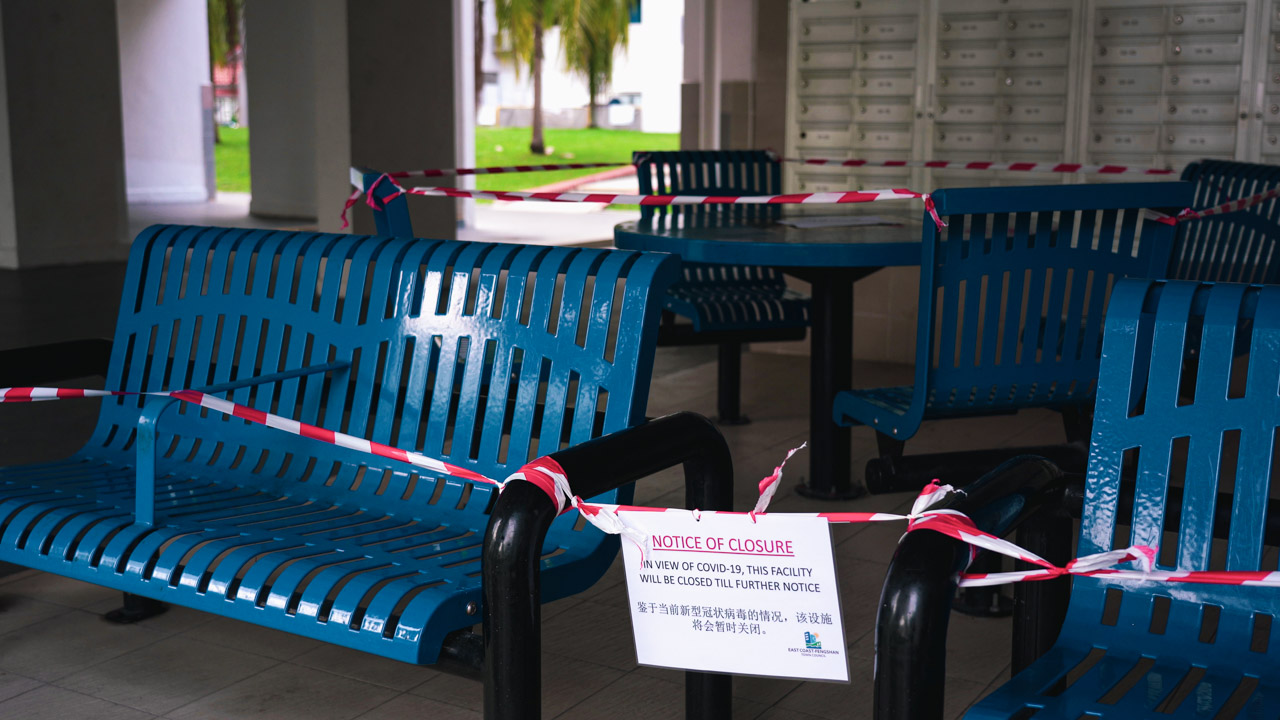For weeks now, you couldn’t spend time on social media without coming across exhortations to stay home. Today, with the ‘circuit breaker’ in effect in Singapore, the government may even punish your employer for not letting you work from home. Imagine that.
Well, you don’t have to, because this is real.
Now that the world is in the grip of a pandemic, suddenly, almost everything has to be done remotely. There’s a certain level of excitement in the air as people busy themselves setting up home offices, discover new hobbies like meditating and cleaning their homes, and figure out ways to keep their social lives alive—from simply Facetiming friends to organising online happy hours.
One of my former companies was very used to video conferencing, and some clients, notably tech companies, were perfectly comfortable with having meetings over video calls only.
Having had quite a lot of experience using Zoom and other video conferencing tools, I find myself doling out advice here and there to people who are trying them out for the first time, including church groups who are moving their meetings online. Given that Jesus did say, “For where two or three gather together in My name, there am I with them,” it’s certainly interesting to think about Jesus lurking in the background on Zoom.
Which brings me to my point: I’ve realised that it’s much easier to be a silent participant when you are not physically present. This is one of the issues with doing things remotely, and we need to talk about that.

The problem might simply be a lack of self-motivation. There may be a sense that less visibility means less accountability, and because of that, some of us can find no reason, psychologically, to put in the same amount of effort as when we’re at work. We could be hardworking and enthusiastic people in the workplace, but not when alone and working remotely.
It’s probably the same reason why many people find exercising alone much more difficult than exercising in a group. Being present in a purposeful environment, amidst other people striving towards the same goals, induces a different state of mind. And of course, for some, the fear of their peers’ and their superiors’ disapproval in the workplace is usually a great motivator.
This decline in productivity and engagement is the price of working from home. And, of course, it’s a price we can often afford to pay if we take into account the environmental, psychological, and health costs of having to always be in an office to get something done.

As I go through every social media posting like everyone else these days, I see many documenting their #StayHome experience. Alongside that, I also noticed another trend: a sudden explosion in the number of proud introverts taking to social media to enthusiastically embrace self-isolation. Have I just never noticed, or have introverts become very extroverted about their introversion now that they have a good excuse?
I’m an introvert too, at least according to various personality tests, and I have my doubts about this eruption of joy. Is it just people’s penchant for exaggerating how they feel on social media? Maybe some are trying to compensate by being overly positive about it?
Personally, I find myself somewhat frustrated by people using the virus as a reason to fall silent, quietly dropping their participation in activities because these activities no longer involve their physical presence. I find myself guilty of this sometimes, as though the lack of the physical aspect makes things feel less real.
Perhaps this is why we feel we can pay less attention to many things now—a project without someone there to breathe down our necks, a meeting without the threat of being seen while shutting off, or friendships that are not being reinforced by having our friends right in front of us.
This last one is the worst because, when it comes to work, all might be well as long as we deliver in the end. But there are no targets or deliverables for friendship (or at least there shouldn’t need to be).
While there is a lot of optimism about taking our social lives online during this period, in my experience, it might not always work. I’ve seen quite a few relationships wither and die in the past for lack of real-life meetups, despite the many digital communication tools available. Since we don’t really know how long the current situation will last, are introverts who are celebrating self-isolation simply discounting this? Will social distancing mean we become more socially isolated, with smaller support networks in the end?
Even at work, while we might not see our colleagues as friends, how much of our daily motivation to show up is because of the social interaction? The small talk, even the water cooler gossip—things that we tend to omit in a work-related video call but that had kept us from feeling cloistered and alone. So there is something valuable about face-to-face interaction after all.

But now, as we fully embrace #StayHome amidst #Covid-19, I feel like I’m starting to get it.
Doing things remotely is great, and I wish everyone had embraced it more willingly earlier. But this requires that we invest effort into making sure we are doing things like we would if we were physically present. It means not turning into ghosts just because we can more easily evade notice. It means not letting our introverted selves turn us into phantoms of a dark basement, whose voices can only occasionally be heard.
As we play our part and self-isolate amidst the pandemic, we owe it to ourselves to try and ensure that, by the end, we will not have let our work and our social lives suffer. Then maybe we would legitimately come out of this having had the practice to improve the way we do things in the future, whether it’s integrating more remote working into our jobs to cut down on commuting, or bolstering our relationships with better digital communication.
We can do it. Make staying home great again. Shut down the borders to bad home-based habits.
(Okay, I’ll stop now.)






